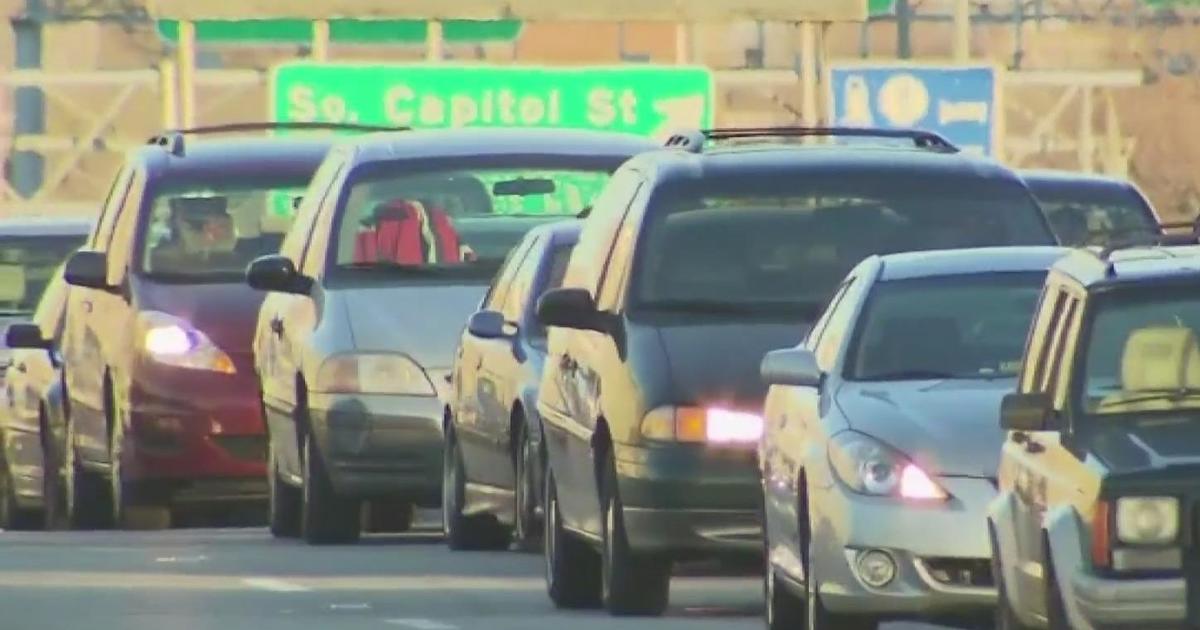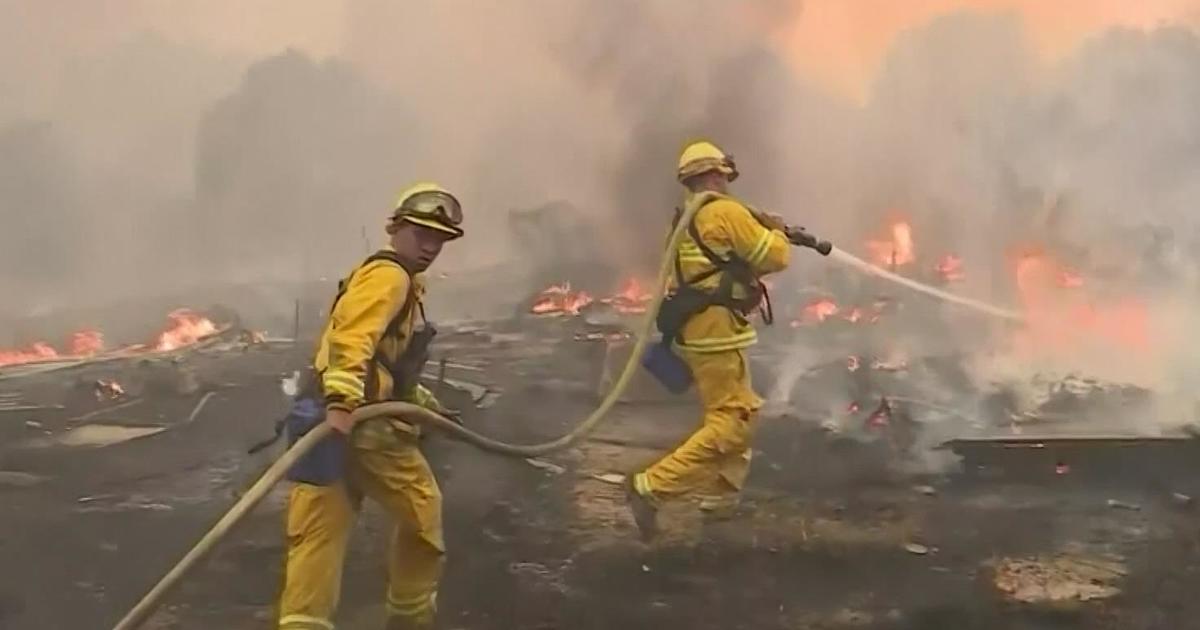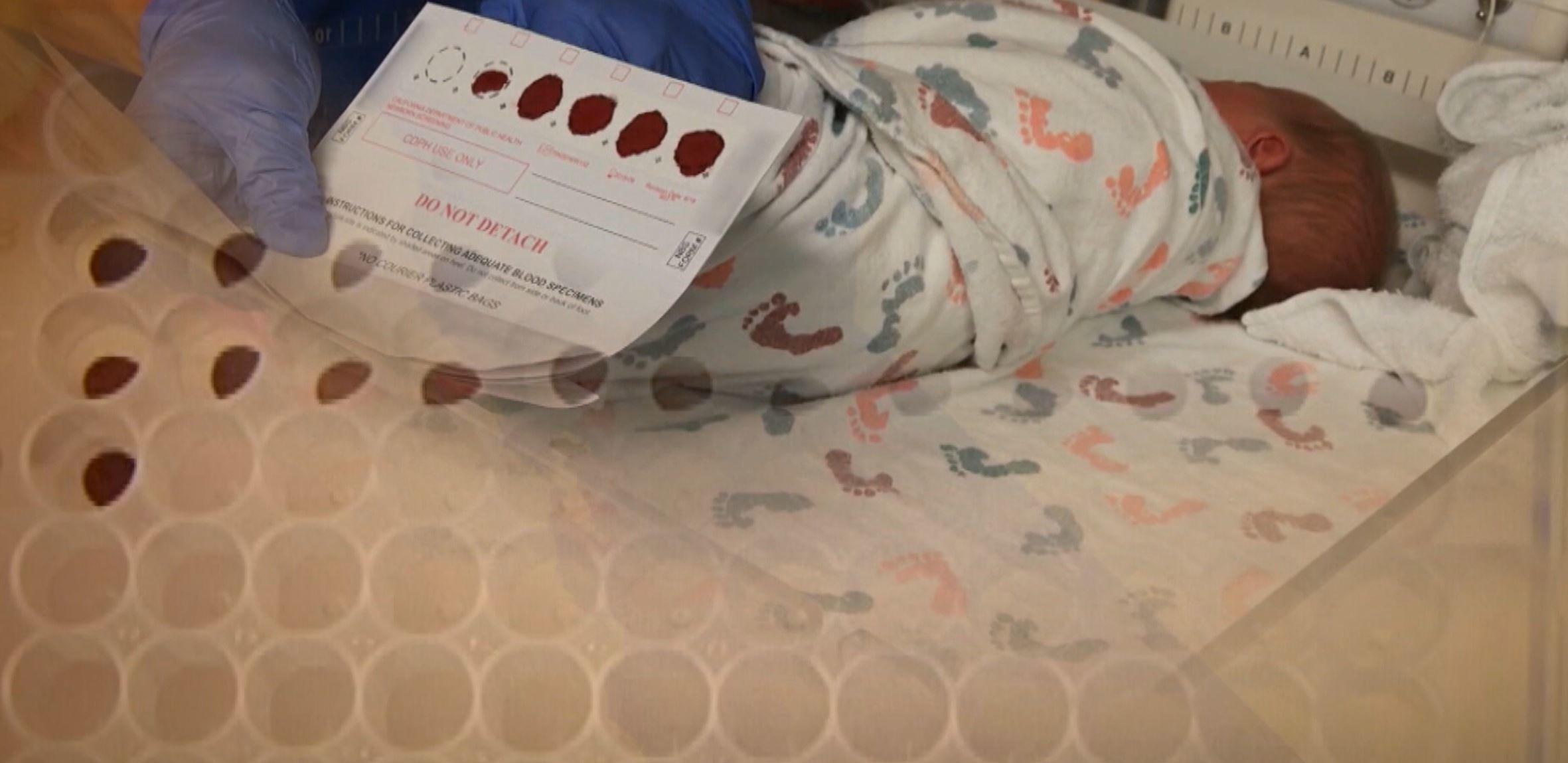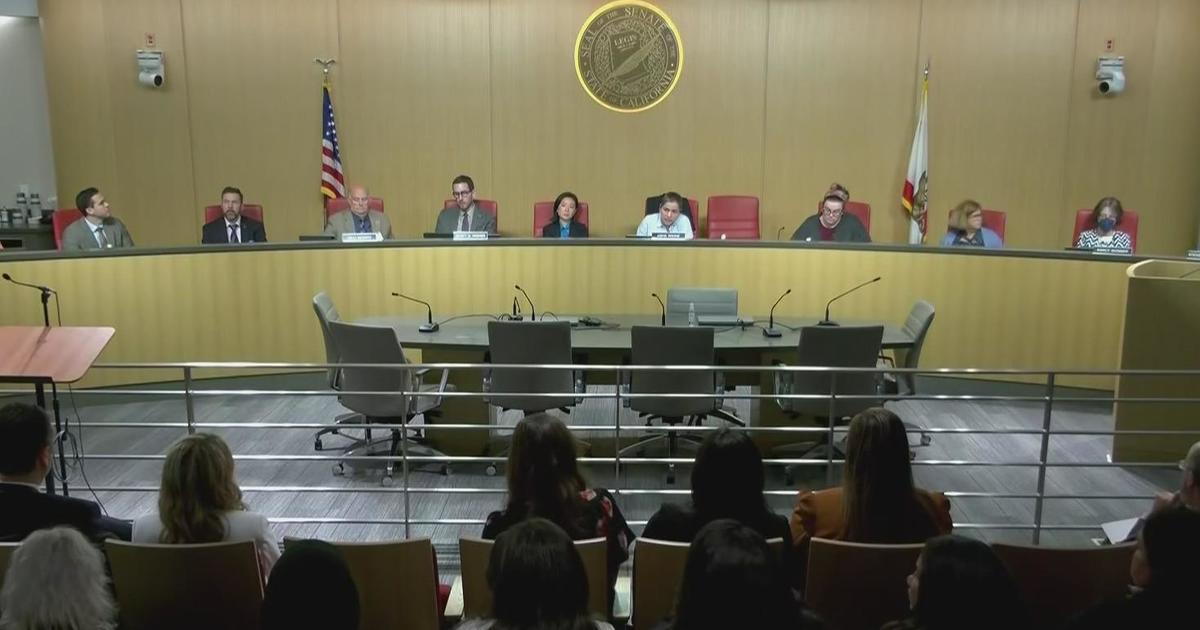California Audit: More Virus Money Should Have Gone To Small Counties
SACRAMENTO, Calif. (AP/CBS13) — California should have spent more money helping its smaller counties battle the coronavirus, state Auditor Elaine Howle said Tuesday, criticizing Gov. Gavin Newsom's administration for favoring places with big populations despite data showing the needs of rural areas "were at least the same if not greater."
While the Newsom administration pledged to withhold some of that money from cities that didn't follow public health orders, Howle said the state did not consistently monitor that issue, raising questions about how many cities got funding when they shouldn't have.
The dual findings were part of Howle's first look at how California is spending more than $71 billion in coronavirus aid the state is slated to receive from the federal government — a figure that has already increased after Congress approved additional spending in December.
It's so much money that, last year, Howle declared the state was at "high risk" for waste, fraud and abuse — a designation that gives her authority to investigate.
A second audit is due next week examining the billions of dollars in federal unemployment benefits that have flowed to the state during the pandemic — benefits the state has already acknowledged has been abused by prison inmates and others who were not eligible.
READ ALSO: 1.4 Million Virus Unemployment Claims Suspended In California
The audit released Tuesday examined the $15.3 billion Congress sent California in May from the Coronavirus Relief Fund. Of that money, $5.8 billion went directly to counties and cities with populations greater than 500,000 people. State officials had to decide how to spend the other $9.5 billion.
More from CBS Sacramento:
- Sheriff: Deputy And K9 Killed In Shooting With Suspect At Cal Expo
- Rioters Caught On Camera Vandalizing, Breaking Windows At Vacaville Police Department
- Strangers Battle Flames To Rescue Men From Burning Car
The Newsom administration, together with the Legislature, decided to give $1.3 billion to county governments, with more than half of it going to the 16 biggest counties that had already gotten money directly from the federal government.
Those counties got about $190 per person while the 42 smaller counties got $102 per person, the audit says.
"It's a pretty common frustration in California," said Assemblyman James Gallagher, a Republican who represents six smaller counties. "The way that funds are distributed tends to favor the (San Francisco) Bay Area and Los Angeles, where the majority of legislature are from, right? Whereas, the rural areas really feel like they get kind of short shrift."
The Department of Finance, the state agency in charge of distributing the money, said it gave most of it to the bigger counties because it believed their denser populations would lead to a greater spread of the virus. But the audit, citing data from the Department of Public Health, says the virus spread evenly through counties despite their population — and in some cases, it was much worse in smaller places.
Imperial County, with a population of just over 188,000 people, averaged 3,215 COVID-19 cases per 100,000 people while Los Angeles County, with more than 10.1 million people, averaged 989 cases per 100,000 people.
The state's strategy, Howle said, contradicted guidance from the U.S. Treasury that urged states to "treat local governments equitably, regardless of their population size."
"By not equitably providing counties with funds, there is greater risk that more small counties' COVID-19 related funding needs were unmet," Howle wrote.
In a response letter to Howle, Department of Finance Director Keely Martin Bosler said the department and the Legislature agreed to give the money to counties "generally based on their relative share of the state's population." Howle disputed that, saying the department's strategy was based on a belief the virus would spread more in densely populated areas.
Department of Finance spokesman H.D. Palmer deferred to the Legislature, which approved the funding strategy as part of the state's operating budget.
"If the auditor's office has concerns over this process, they should take their policy recommendations directly to the Legislature," Palmer said.
Newsom and the Legislature agreed to withhold money from cities that did not follow public health orders, including enforcing the state's stay-at-home order that required some businesses to close and others to limit capacity.
The state withheld money from two cities — Coalinga and Atwater — because they passed resolutions defying public health orders. But Howle said the Governor's Office of Emergency Services, which was in charge of monitoring local governments, "could not demonstrate that it had evaluated all cities."
Bosler, director of the Department of Finance, said cities had to certify they were following the rules before they could get the money, adding that the Office of Emergency Services did a legal analysis of any local laws that might defy the rules.
Howle said that "overstates" the work the office did, noting they used "an informal process" to evaluate cities' compliance.



